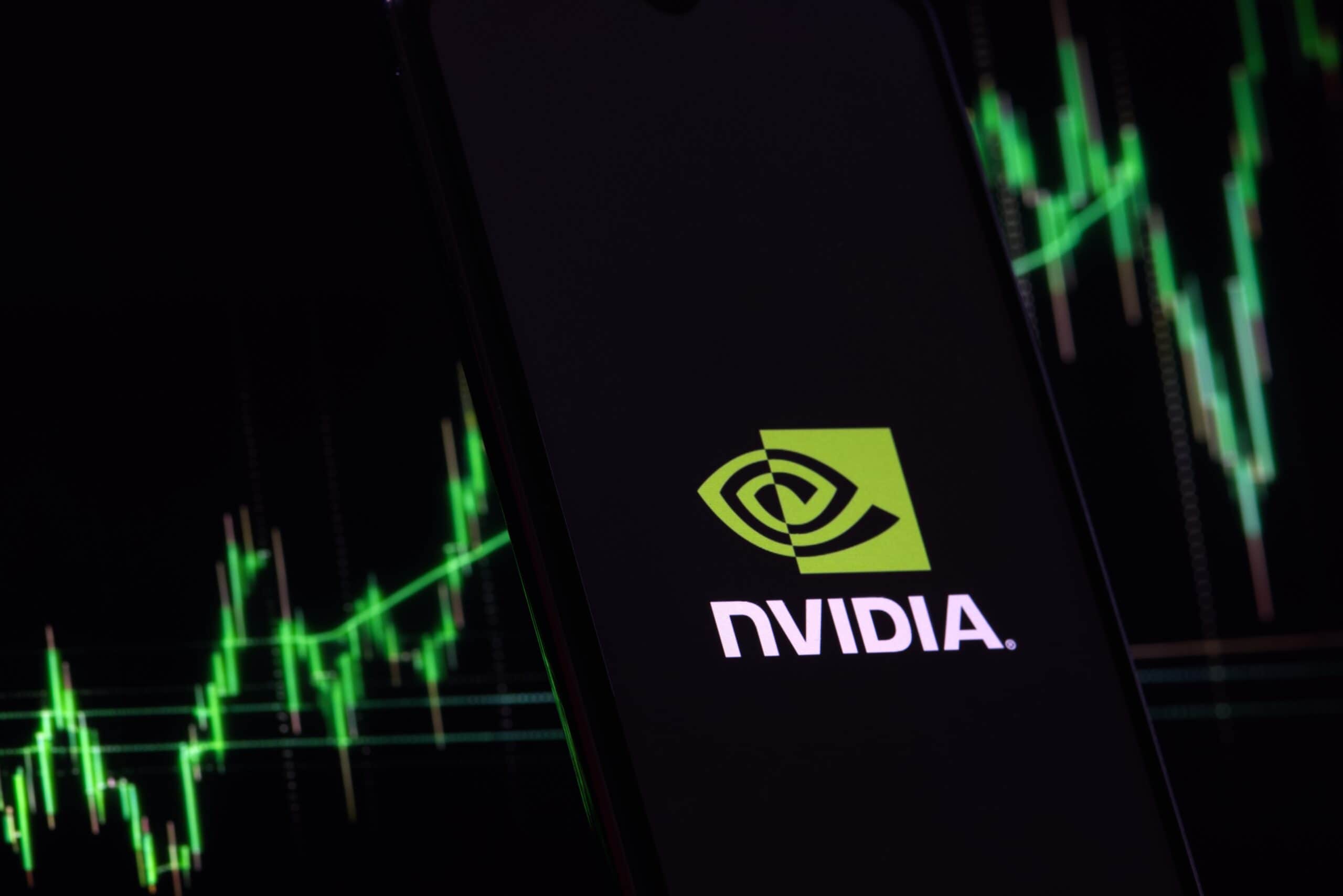Investing
Hedge Funds Are Dumping Nvidia (NVDA) Stock. Should You Follow?

Published:
Last Updated:

There is an exodus of billionaire investors out of Nvidia (NASDAQ:NVDA) stock. While hundreds of hedge funds were buyers of the artificial intelligence semiconductor stock, they were very small trades amounting to just a tiny fraction of their total portfolio.
The really big trades in NVDA stock were by billionaire hedge fund operators who dumped shares back onto the market.
David Goel of Matrix Capital Management completely sold off his stake in the chipmaker, shedding over 26.5 million shares of NVDA at an average price of $122.49 per share, or almost $3.3 million worth. Legendary investor Stanley Druckenmiller of Duquesne Family Office exited his position in the second quarter and hasn’t touched the stock again. Jim Simons of Renaissance Technologies cut his stake in Nvidia in half, reducing his position to just 3.5 million shares.
While the AI stock’s earnings for the fiscal third quarter of 2025 were strong, the stock has nearly tripled this year and are up over 211% over the last 12 months. They have rocketed almost 400% over the past three years.
Is this just a valuation concern or do these billionaire money managers see something else at play that you should take note of? More importantly, should investors sell their shares too?

While the smart money is concerned about Nvidia trading at 57 times trailing earnings, 31 times sales, and 63 times the free cash flow it produces, an argument can be made that the semiconductor giant is worth the premium.
Third-quarter sales nearly doubled from last year to $35.1 billion as its data center segment, which houses its AI business, did even better with sales rising 112% to $30.8 billion, or 88% of total revenue. It is a situation where it is now all AI all the time. Net income more than doubled, up 109%, to $19.3 billion.
Yet NVDA stock has vacillated between positive and negative and is essentially flat since the report, despite the blowout results.
With Wall Street forecasting sales will grow another 54% next year generating 50% more in profits, Nvidia’s elevated valuations are not exactly unwarranted.

Yet the AI landscape is changing. Demand for Nvidia’s GB200 Grace Blackwell superchip that’s due out early next year remains white hot. CEO Jensen Huang called it “staggering.” He noted Oracle (NYSE:ORCL) announced the world’s first Zettascale AI cloud computing clusters that can handle 131,000 Blackwell accelerators while Microsoft (NASDAQ:MSFT) will become the first cloud services provider to offer both Blackwell chips and Nvidia’s Quantum InfiniBand, which it bills as “the world’s only fully offloadable, In-Network Computing platform.”
Although Blackwell chips can cost between $30,000 and $40,000 each, Huang says they can more than double the performance of its equally popular GH200 chips. Moreover, where 256 H100 chips are required to run OpenAI‘s GPT-3 benchmark tests, only 64 Blackwell chips are needed, lowering costs four fold.
Nvidia is racing to scale up its production capabilities to keep pace with demand.
Still, competition is heating up. Elon Musk’s xAI established a new data center in Memphis called the Memphis Supercluster. While it plans to buy 100,000 Blackwell chips from Nvidia, it will house 1 million graphics processing units (GPUs) so Super Micro Computer (NASDAQ:SMCI) will be setting up operations in Memphis. Dell Technologies (NYSE:DELL) will be as well, as will Nvidia.
Yet it means Nvidia isn’t the only game in town. Even as the chipmaker will be a primary supplier for Amazon (NASDAQ:AMZN), Alphabet (NASDAQ:GOOG)(NASDAQ:GOOGL), and Meta Platforms (NASDAQ:META), each is racing to Amazon, design their own AI chips to speed up computing but at lower cost by not having to rely upon Nvidia chips.
Donald Trump also takes office on Jan. 20, and he has vowed to raise tariffs on China, Canada, Mexico, and most of Europe. That could upset Nvidia’s supply chain. But he is also seen as a president supportive of expanding AI, which could provide a tailwind for the industry.
Because AI is in its infancy, there is still a long, wide runway of growth for Nvidia. As there will be plenty of business for everyone, Nvidia won’t come up short. While I might not be a buyer of NVDA stock at these valuations, I wouldn’t sell either. And if there is any weakness in the stock price, it could be the sign you have been waiting for to buy more.
Thank you for reading! Have some feedback for us?
Contact the 24/7 Wall St. editorial team.